July 18, 2018 at 10:55PM
Go to the source
 Google LLC, which provides the popular free email service Gmail, is facing a class action lawsuit accusing it of allowing third-party developers to view and read users’ personal emails without their consent.
Google LLC, which provides the popular free email service Gmail, is facing a class action lawsuit accusing it of allowing third-party developers to view and read users’ personal emails without their consent.
Plaintiff James Coyne of Ohio says he set up his free Gmail account in September 2009 and plaintiff Michael Coyne, also a resident of Ohio, says he set up his free Gmail account in December 2009.
Both plaintiffs claim that Google provided third-party developers with access to their email inboxes without their knowledge or consent.
The plaintiffs allege that they, along with other Gmail users, have been harmed because their personal, private information was exposed to third parties without their consent. There are 1.2 billion active Gmail users across the world, the Google class action lawsuit says.
Google is not a stranger to concerns about its commitment to user privacy. Last summer, the tech giant agreed to pay $2.2 million to settle a class action lawsuit challenging its practice of scanning the emails of non-Gmail users who exchanged emails with Gmail users.
Many privacy concerns were raised about Google’s practice of using a machine-based code to scan emails in order to provide targeted advertisements to Gmail users.
In June 2017, Google announced that it would no longer scan emails for ad personalization and reassured users that it would protect their privacy and security.
“Despite its representations to its users regarding the security and privacy of their Gmail messages, Google gave hundreds of third-party developers–like marketing and data-mining firms–privileged access to its users’ inboxes,” the Gmail privacy class action lawsuit says. “Such access allowed the developers’ employees to surreptitiously read Gmail user emails.”
The plaintiffs claim that Google never informed Gmail users that it would provide developers access to their emails. Further, they say that Gmail users never provided informed consent to allow the developers to read their emails.
“Responding to user outcry about its latest violation of its own representations regarding privacy, Google points the finger at its own users, foisting responsibility on them for downloading apps that integrate with Gmail, and stating that, regardless, users should not be concerned because the developers have been ‘vetted,’” the Gmail privacy class action lawsuit alleges.
The plaintiffs filed the Gmail class action lawsuit on behalf of themselves and a proposed Class consisting of “[a]ll users of Gmail whom Google provided developers access to read the contents of their emails.”
Google’s Terms of Service provide that California law applies to all disputes, the plaintiffs state in the Gmail class action lawsuit.
The Gmail privacy class action lawsuit asserts claims for violations of California’s Consumer Legal Remedies Act, California’s Computer Data Access and Fraud Act, the California Unfair Competition Law, bailment, intrusion upon seclusion, and violation of the California constitutional right to privacy.
The plaintiffs are seeking an order prohibiting Google from continuing to allow third-party developers to access users’ emails without their knowledge or consent; actual and statutory damages; pre- and post-judgment interest; attorneys’ fees and costs; and other relief the court deems appropriate. They have demanded a jury trial.
The plaintiffs are represented by C. Brooks Cutter, John R. Parker Jr., and Matthew M. Breining of Cutter Law PC, and by Adam J. Levitt and Amy E. Keller of DiCello Levitt & Casey LLC.
The Google Third-Party Email Access Class Action Lawsuit is James Coyne, et al. v. Google LLC, Case No. 5:18-cv-04042, in the U.S. District Court for the Northern District of California, San Jose Division.
We tell you about cash you can claim EVERY WEEK! Sign up for our free newsletter.
Top Class Actions is a Proud Member of the American Bar Association
LEGAL INFORMATION IS NOT LEGAL ADVICE
Top Class Actions Legal Statement
©2008 – 2018 Top Class Actions® LLC
Various Trademarks held by their respective owners
ATTORNEY ADVERTISING

